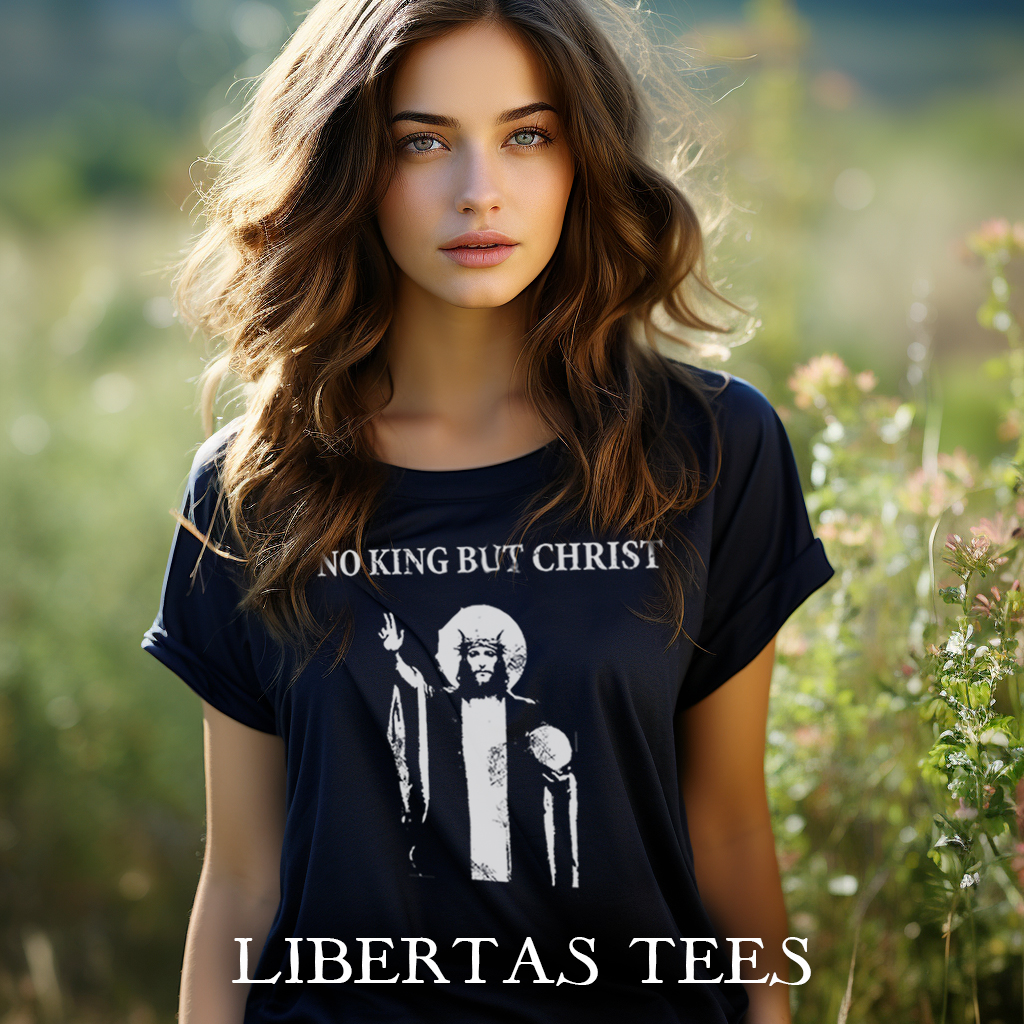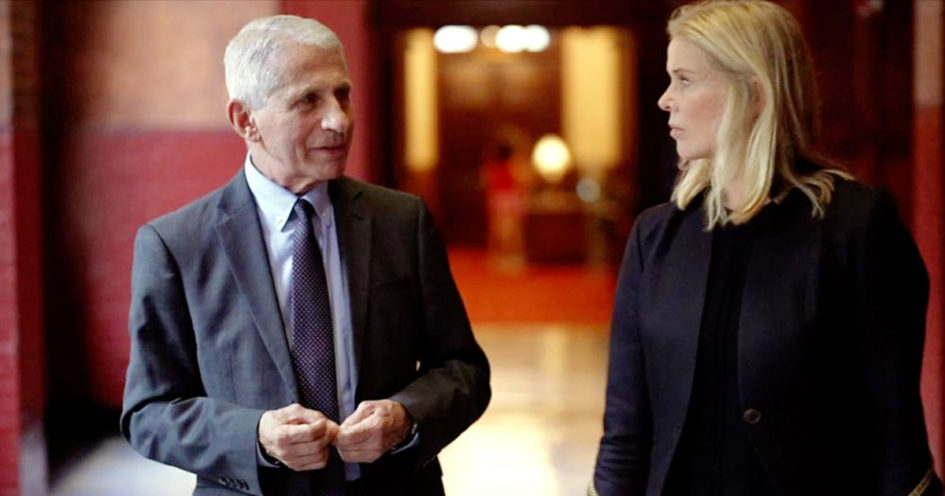Dr. Anthony Fauci is facing criticism for admitting he no longer actively practices his Catholic faith for “complicated reasons” saying it’s a “thing that I don’t really need to do.”
During a segment of a recent interview, Fauci pointed out the chapel where he and his wife married in 1985.
“It’s beautiful,” replied Kay. “Do you still go there?”
“No,” he answered.
“You don’t practice [Catholicism] anymore?” she asked him. “Do you?”
“No,” Fauci said again. The BBC hostess asked him why.
“A number of complicated reasons,” he said. “First of all, I think my own personal ethics on life are I think enough to keep me going on the right path.”
“And I think there are enough negative aspects about the organizational Church,” he continued. He noted that Kay was “very well aware” of these things, without naming them.

“I’m not against it,” Fauci explained. “I identify myself as a Catholic. I was raised, I was baptized, I was confirmed, I was married in the Church. My children were baptized in the Church.”
“But as far as practicing it, it seems almost like a pro forma thing that I don’t really need to do.”
Kay posted the clip to her Instagram account on Saturday.
Of course, when you are your own god as a part of the Death Cult of the State, you have no need for organized religion.
“Interviewing Dr Fauci means accommodating his full-time security escort (something he has to deal with every day),” she wrote in a description of the post. “I pressed him on how a public health official became the subject of so much hatred – as well as his complicated relationship with religion.”
Fauci served as the director of the National Institute of Allergy and Infectious Diseases (NIAID) for 38 years – from 1984 until his retirement at the end of 2022. He spent almost the last two of these years concurrently serving as President Joe Biden’s Chief Medical Advisor.
He has on numerous occasions staunchly defended the Biden administration’s radically pro-abortion record.
“It will be our policy to support women’s and girls’ sexual and reproductive health and reproductive rights in the United States, as well as globally,” Fauci said just one day after the president took office.
He went on to speak favorably about Biden’s decision to end a longstanding policy against using federal taxpayer money to fund abortion overseas, calling it “part of the broader commitment to protect women’s health and advance gender equality at home and around the world.”
Fauci became a national figure after the outbreak of COVID-19. He was widely regarded as the public face of the various stringent lockdowns, mandates, and other restrictions that officials implemented in response to the virus.
In particular, Facui helped oversee the nationwide mass closure of Catholic churches. As Supreme Court Justice Neil Gorsuch later recounted:
Executive officials across the country issued emergency decrees on a breathtaking scale. Governors and local leaders imposed lockdown orders forcing people to remain in their homes. They shuttered businesses and schools, public and private. They closed churches even as they allowed casinos and other favored businesses to carry on. They threatened violators not just with civil penalties but with criminal sanctions too.
They surveilled church parking lots, recorded license plates, and issued notices warning that attendance at even outdoor services satisfying all state social-distancing and hygiene requirements could amount to criminal conduct.
They divided cities and neighborhoods into color-coded zones, forced individuals to fight for their freedoms in court on emergency timetables, and then changed their color-coded schemes when defeat in court seemed imminent.
 The Libertarian Catholic
The Libertarian Catholic
















